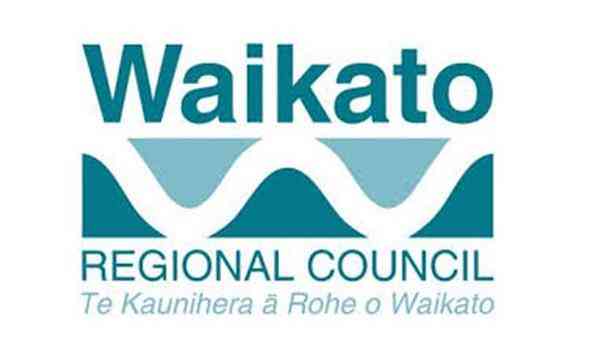Waikato Regional Council news
The annual Coastcare planting season has started late this year, so Coastcare Waikato coordinators are keen to recruit more volunteers to help stabilise our west coast beach dunes, restore our coastlines and support biodiversity.
Waikato Regional Council site restoration advisor Moniqua Nelson-Tunley says the planting season had been delayed by about six weeks due to the COVID-19 lockdown and there are nearly 70,000 plants to get into the foredunes and backdunes of our west coast beaches and in the Coromandel Peninsula before Labour weekend. It usually takes volunteers up to 1500 hours to get the plants into the ground during the winter months.
Over 800 plants have already gone into the ground at Kāwhiā. The next planting bees are on Saturday, 1 August, at Port Waikato on the west coast and Kuaotunu on the Coromandel Peninsula.
Moniqua says planting bees are a great way to connect with your community and the environment.
“Connecting with people and getting outdoors are two very important things for our health and wellbeing and this was highlighted quite well to many of us during lockdown.
“We definitely could do with many pairs of hands on the west coast, particularly in Raglan, but we have 20 Coastcare groups around the region to choose from.”
The Coastcare programme is a partnership between the local community, iwi, district councils, the Department of Conservation and Waikato Regional Council, working together to protect and restore our coasts.
Dunes play an important role in protecting beaches from coastal erosion and sand inundation caused by a combination of massive storms and high tides. Native dune plants trap wind-blown sand, building a natural buffer in the coastal margin and allowing the dunes to self-repair following big storm events. Dunes also provide a home for endangered insects, lizards and birds, which in turn help pollenate and fertilise the dune plants and spread native plant seeds across the landscape.
“Our dunes are fragile. More than 75 per cent of our region’s beaches have been modified or destroyed by removal, grazing or trampling of native plants. That’s why the work by our Coastcare volunteers is so important.”
Restoration planting is largely focussed on two areas: stabilising the loose foredune areas with kowhangatara/spinifex and pingao, both native sand-binding grasses; and recreating native coastal ecosystems through backdune plantings of grasses, shrubs and trees.
For more information on Coastcare, or to find out which groups operate in your area and the dates of planting bees, please visit the Coastcare Waikato Facebook page or go to www.waikatoregion.govt.nz/coastcare. Alternatively, please contact your local Coastcare coordinator:
- West coast – Stacey Hill, stacehill@gmail.com
- Coromandel Peninsula – Tanya Patrick, tanya.patrick@tcdc.govt.nz
